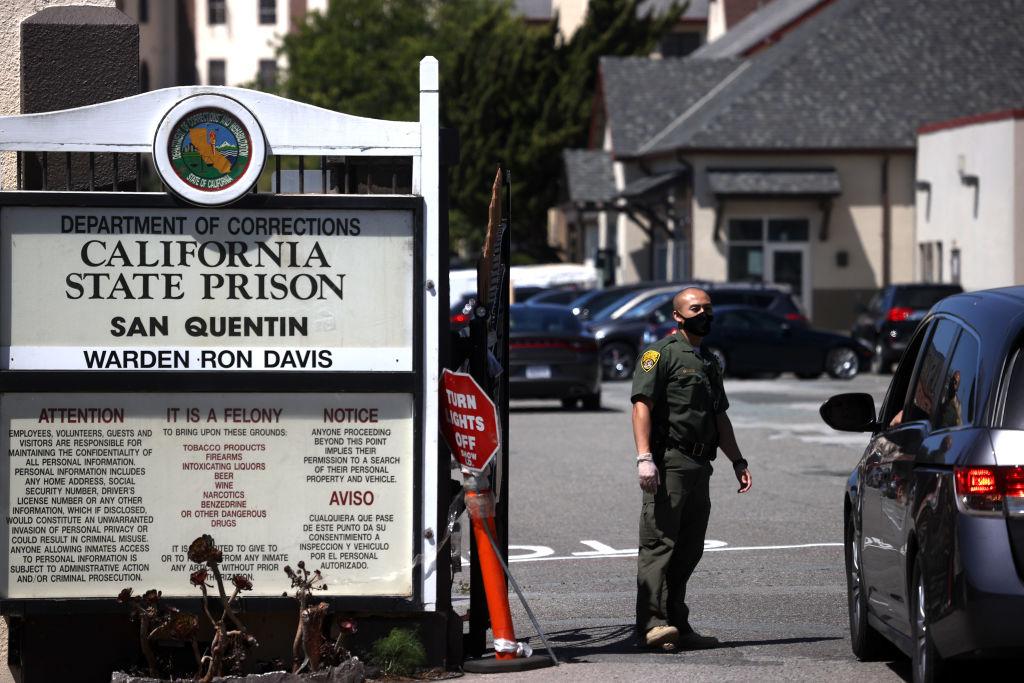SANTA CLARA, Calif.—A majority of California voters rejected Proposition 20, a measure that would restrict early parole, recategorize crimes, and require DNA collection for some misdemeanors.

A file photo of San Quentin State Prison in San Quentin, Calif., on June 29, 2020. Justin Sullivan/Getty Images

Ilene Eng
Reporter
|Updated:



